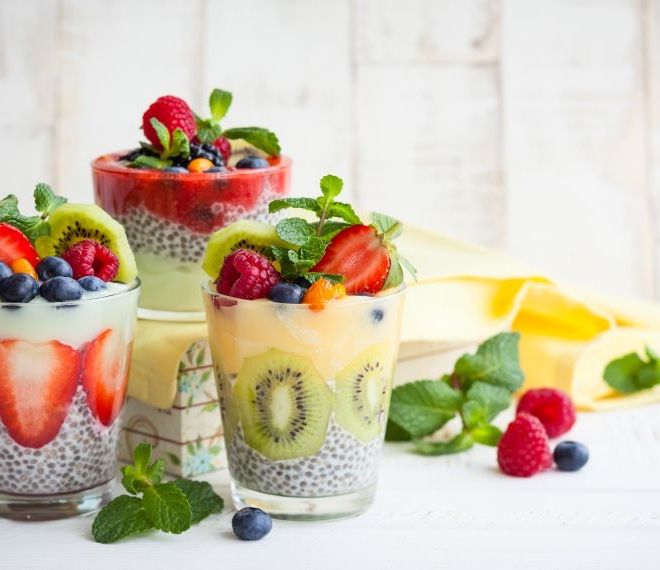Super New Year, with super foods!
2022-01-10
We all start the new year with new plans, which often include healthy eating and a new diet. Kata Horváth, a dietician at the Duna Medical Center, takes a close look at the foods that we refer to as "superfoods" these days and explains how we can incorporate them into our everyday lives. It is fashionable to award food ingredients that are not widely known with this label, even though many domestic food ingredients can receive this award, not only Quinoa, Chia seeds or Goji berries.

